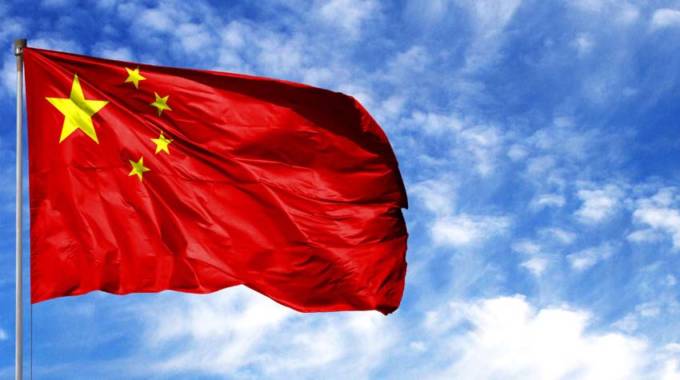
The Sunday Mail

Manyika Kangai
China’s Sichuan hit by earthquake
Rescue operations are underway after a 6,1-magnitude earthquake hit southwest China’s Sichuan Province at 5pm on Wednesday (Beijing Time), according to the China Earthquake Networks Centre (CENC). The earthquake rattled Lushan County of Ya’an City and was followed by a 4,5-magnitude quake at 5.03 pm in Baoxing County, also in Ya’an. Four people have been confirmed dead and 14 others injured in Baoxing County, according to the city’s earthquake relief headquarters. About 300 people were relocated to a stadium by midnight on Wednesday. More than 4 500 people from emergency rescue, the armed police, the fire department, the medical sector and other departments were dispatched to the earthquake-hit areas to search for and rescue the injured, repair roads and relocate affected residents. The provincial earthquake administration said the 6,1-magnitude earthquake of Lushan was an aftershock of a 7,0-magnitude earthquake that hit the county in 2013.
China distributes consumption vouchers
The Chinese government is handing out billions of yuan in shopping vouchers and subsidies to shore up domestic consumption. In one of the latest such moves, the central city of Zhengzhou, capital of Henan Province, announced it will issue vouchers worth 240 million yuan (about US$36 million) from late May to August to encourage local spending.
Meanwhile, south China’s economic powerhouse of Shenzhen has begun distributing the third batch of its 400-million-yuan (about US$60 million) shopping vouchers, which could be spent on deals for the June 18 shopping festival held by the Chinese e-commerce giant JD.com. Voucher distribution mainly targets large purchases like cars, home appliances and furniture, as well as epidemic-hit sectors such as catering, hospitality and cultural activities.
Shanghai announces economic recovery action plan
The municipal government of Shanghai has launched an action plan to speed up economic recovery after the relaxation of Covid-19 control measures. Under the plan, composed of 50 policies and measures, the city’s approval system for production resumption has been abandoned and the city will reduce rent, property tax and urban land use tax for qualified enterprises. It will start the application process for special funds to develop the regional headquarters of multinational corporations in Shanghai ahead of schedule in 2022. The city will also gradually reduce the purchase tax on some passenger vehicles as required by national policies and provide subsidies to consumers who replace cars with pure electric ones. Large commercial enterprises and e-commerce platforms will receive support through the issuing of consumption coupons. Shanghai also vows to promote the reconstruction of some old areas and support the scale expansion of corporate bond issuances to expand investment.
China’s immigration authority introduces new measures
China’s National Immigration Administration has introduced a series of new measures aimed at facilitating the production activities and operation of enterprises with foreign business links. The new measures are expected to help enterprises reduce cost, boost production efficiency and further explore the international market. To facilitate international transportation of cargo and personnel, the border inspection procedure for international transport workers who frequently enter and exit the country has been simplified. The measures also include shortening the customs clearance and inspection time for international cargo ships. The handling of paperwork and visa extension applications of relevant foreign personnel has also now been streamlined to help the resumption of business activities.
China’s first intelligent power plant connected
China’s first intelligent power plant utilising solar and tidal power (energy from the movement of tides) to generate electricity was connected to the power grid on Monday. Located in the city of Wenling in east China’s Zhejiang Province, the power plant has an installed capacity of 100 megawatts, according to China Energy Investment Corporation (China Energy), a leading energy giant. Its annual power generation output will exceed 100 million kWh, enough to meet the annual electricity demand of about 30 000 urban households. The electricity generating capacity of the power plant can save over 31 000 tonnes of standard coal and reduce carbon dioxide emissions by almost 85 000 tonnes annually, compared with conventional coal power plants. The plant makes use of unmanned aerial vehicle inspection technologies and AI intelligent diagnosis systems.
*Manyika Kangai helps African businesses realise the full potential of vast opportunities China presents. He has over 15 years’ experience facilitating and advising on China-Africa trade and investment deals. Feedback: +27743487997/ www.muvambi-sa.co.za



